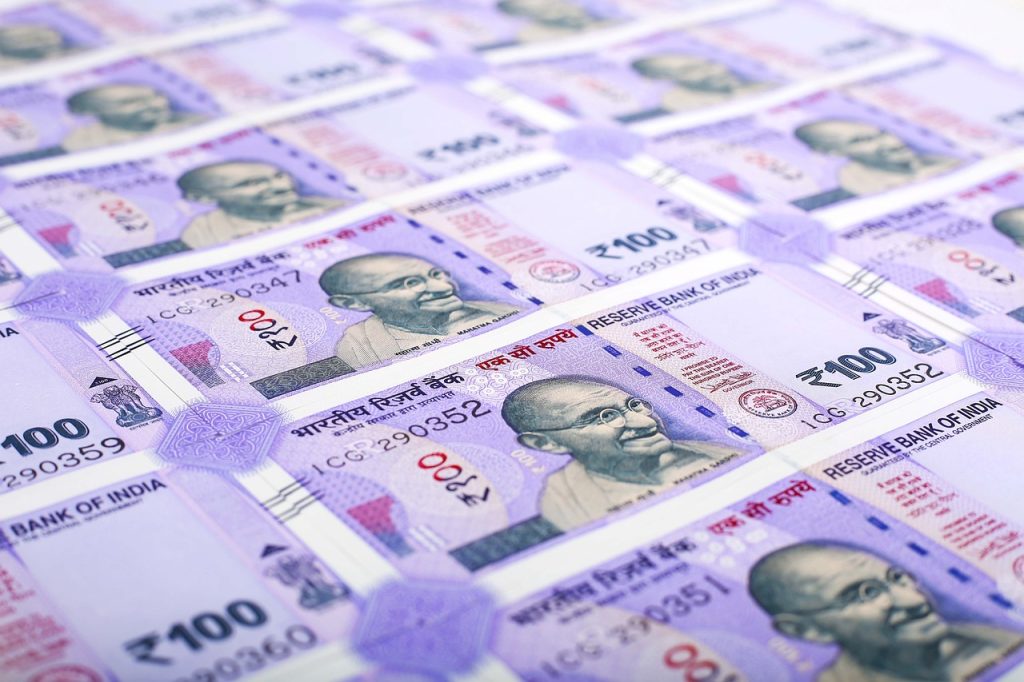Are your hard-earned savings tucked away in fixed deposits, earning you a tidy sum of interest? Congratulations, you’re being financially responsible! But have you ever wondered what would happen if the bank suddenly faced financial troubles? That’s where deposit insurance comes into play.
What is Deposit Insurance?
Deposit insurance is like a financial safety net for your hard-earned money. Imagine it as an insurance policy for your savings. In simple terms, it’s designed to protect your deposits in case your bank encounters financial difficulties or, worst-case scenario, goes bankrupt.
How Does Deposit Insurance Work?
Deposit insurance typically covers a specific amount of your deposits, ensuring that you won’t lose your savings. The exact coverage amount can vary from one country to another, but it’s generally set at a reasonable limit to protect most individuals.
Let’s put it into perspective. It’s as if you have a personal guardian angel for your money, ensuring that a certain portion of your savings is safeguarded, no matter what.
Who Provides Deposit Insurance?
Deposit insurance is usually provided by government agencies or entities authorized by the government. These organizations are responsible for monitoring and ensuring that banks comply with the rules and regulations that govern deposit insurance.
Fixed Deposits vs. Savings Accounts: Are They Treated Differently?
You might be wondering if fixed deposits and regular savings accounts receive the same level of protection. The answer is yes, they are generally treated the same way under deposit insurance. Whether your money is parked in a savings account or a fixed deposit, it’s covered up to the specified limit.
Deposit insurance doesn’t discriminate – it’s there to safeguard your money, regardless of where you’ve stashed it.

The Role of Regulatory Bodies
To make sure that your money is protected, regulatory bodies are responsible for overseeing banks’ compliance with deposit insurance rules. These watchdogs ensure that banks maintain sufficient financial reserves to cover potential losses, making the system even more robust.
Think of them as the referees on the financial playing field, ensuring everyone plays by the rules, so your money stays secure.
The Need for Deposit Insurance
You might be wondering why deposit insurance is necessary. Well, here’s the deal: it instills confidence in the banking system. When you know your money is safe, you’re more likely to deposit, save, and invest. This confidence is vital for a healthy financial system.
Deposit insurance is the trusty guardian that encourages you to keep your money in the bank, supporting both your financial goals and the stability of the economy.
What Happens if Your Bank Fails?
In the unfortunate event that your bank goes under, deposit insurance steps in. You won’t lose your insured deposits. They’ll be paid to you promptly, allowing you to breathe a sigh of relief. Your hard-earned money is protected, and you won’t be left high and dry.
It’s like having a financial superhero that comes to your rescue when things go south.
Choosing a Safe Bank for Fixed Deposits
While deposit insurance is designed to protect your money, it’s also wise to choose a bank that’s financially stable. Before opening a fixed deposit account, do some research. Check the bank’s financial health, stability, and customer reviews. A little homework can go a long way in ensuring the safety of your savings.
It’s like wearing a seatbelt in addition to having an airbag – double the safety!
In conclusion, deposit insurance is your financial safety net, protecting your savings and promoting confidence in the banking system. It’s like having a guardian angel for your money, ensuring it’s safe and sound, even in turbulent times. So, while you continue to be a responsible saver, remember that deposit insurance has your back, safeguarding your financial future.

